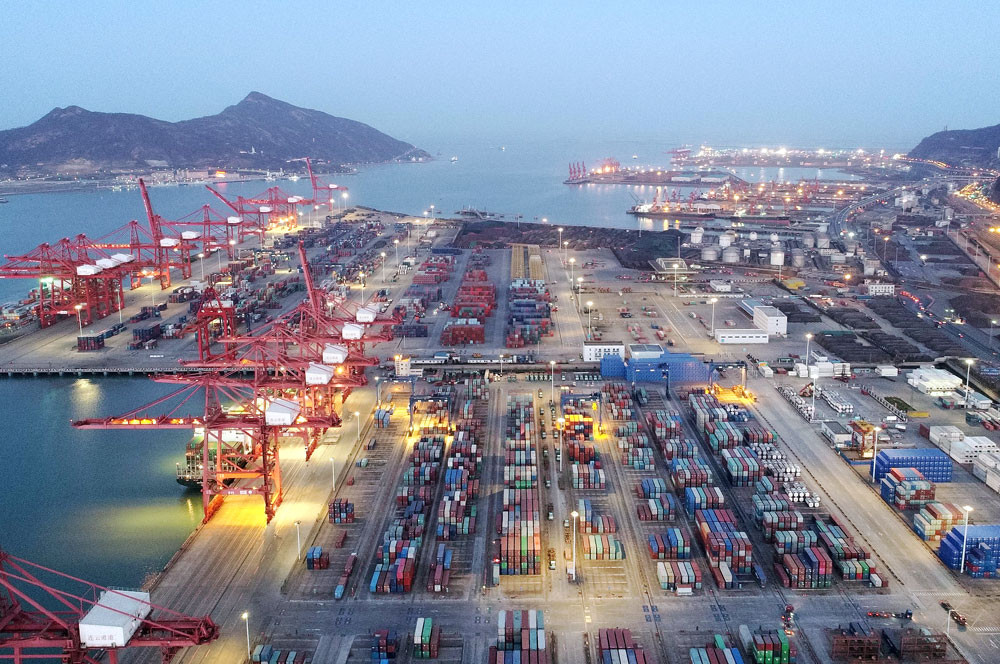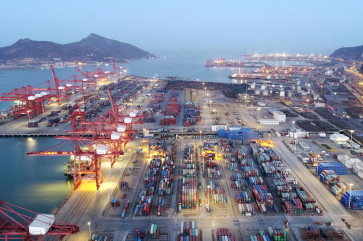Popular Reads
Top Results
Can't find what you're looking for?
View all search resultsPopular Reads
Top Results
Can't find what you're looking for?
View all search resultsChina’s approach supports accountability
In Washington, DC, a bipartisan consensus about China has emerged: The United States is facing a trade-manipulating, authoritarian intellectual-property thief that represents a strategic threat to the US and its allies and deserves to be punished.
Change text size
Gift Premium Articles
to Anyone
I
n Washington, DC, a bipartisan consensus about China has emerged: The United States is facing a trade-manipulating, authoritarian intellectual-property thief that represents a strategic threat to the US and its allies and deserves to be punished. But China deserves recognition, if not appreciation, for its achievements.
China has made unprecedented contributions to global economic growth and green innovation, lifting more than 800 million people out of poverty since it began its “reform and opening up” in the late 1970s. China owes this success to the authorities’ experimental approach to policy-making.
Contrary to popular belief in the West, where democratic elections are typically regarded as essential to holding governments responsible for their policies, China’s approach supports accountability. Indeed, the evidence shows that policy-making is responsive to feedback from both the people and the international community, with leaders correcting mistakes and updating outdated measures as they gain new information.
Such adaptation is supported by two annual meetings that have been held in Beijing every March since 1998: the National People’s Congress (NPC) and the Chinese People’s Political Consultative Conference (CPPCC). At these gatherings, top officials from China’s State Council, including key ministers and the premier, create detailed reports, identifying the challenges China faces, as well as a blueprint for continued reform and opening up. The results are shared with delegates attending the meetings and broadcast live to thousands of official delegates and Chinese and foreign reporters.
At the most recent NPC and CPPCC, Chinese policymakers weighed the backlash against the neoliberal economic model, based on free movement of goods, capital, information, and sometimes labor. The advanced economies and the international institutions they lead have long assumed that expanding these freedoms leads to better outcomes for all.
But the neoliberal model has had unintended consequences, such as environmental degradation, rising inequality, and monopolies. Globalization and openness have fueled cultural insecurity. As frustration with the advanced economies’ approach has grown, so has mistrust of the experts and elites who championed it.
In response, rational homo economicus has morphed into emotional homo politicus — an agent susceptible to the sirens of nationalism, tribalism, protectionism and populism. The result is escalating trade conflicts, rising isolationism, surging anti-immigrant sentiment, and calls for massive increases in social spending, based on concepts like modern monetary theory.


















